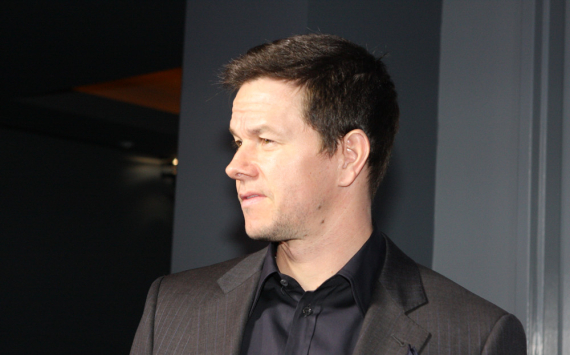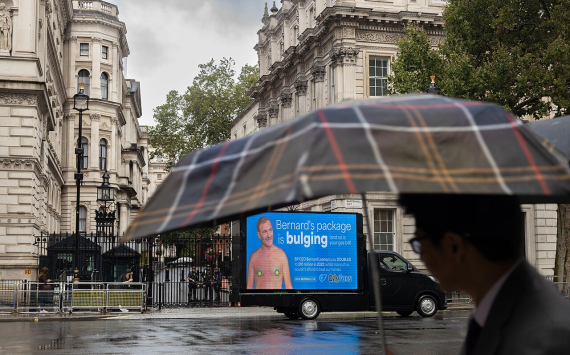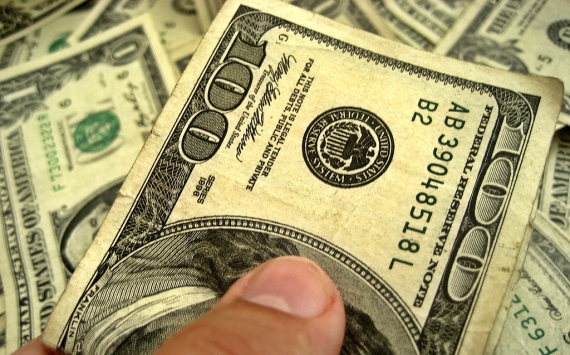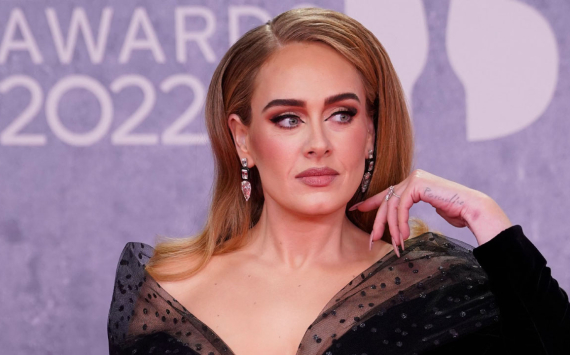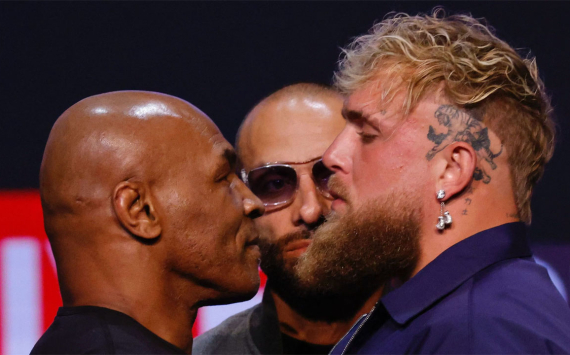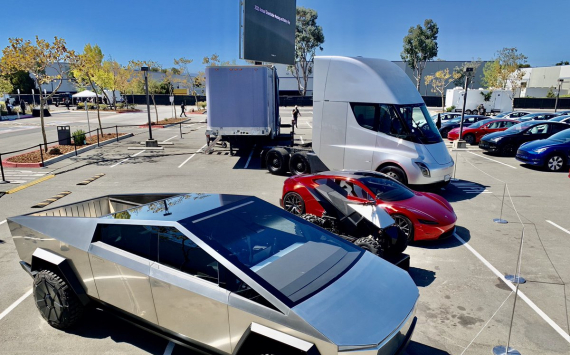
Tesla and cryptocurrency
Tesla CEO Elon Musk has announced that the company will no longer accept bitcoin to pay for the purchase of its electric vehicles because mining the cryptocurrency requires huge amounts of electricity generated from fossil fuels, including coal.
Tesla (TSLA) is suspending payment for its electric cars in bitcoin, CEO Elon Musk said on Wednesday on Twitter.
Bitcoin and other cryptocurrency prices fell sharply amid the news.
Tesla began accepting the world's largest digital currency for payment about two months ago after it announced a $1.5 billion bitcoin acquisition and plans to invest in other cryptocurrencies in the future.
According to Musk, mining bitcoins requires a huge amount of electricity generated, including by burning coal, which creates the largest emissions among other fuels. Welcoming such cryptocurrency goes against Tesla's principles.
For now, Tesla will explore other cryptocurrencies that use greener ways of generating energy. Talk of green cryptocurrencies has long been widely discussed, so analysts say Tesla's decision comes as no surprise.
At the current rate, bitcoin mining consumes about the same amount of energy annually as an entire nation of the Netherlands in 2019, the latest figures from Cambridge University and the International Energy Agency show.
Experts also point out that 70% of bitcoin mining comes from China, with which the US has a very strained relationship.
Tesla has not disclosed any plans to sell its bitcoins, which are held on the company's balance sheet, and has not specified whether customers have purchased its electric cars with bitcoins.
Some analysts say the negative environmental impact factor could be cited as an argument for banning cryptocurrencies by the US and European governments, which have so far not prevented their development and proliferation.
Tesla shares fell 4.4 per cent on Wednesday and 1.4 per cent before trading opened on Thursday, influenced by a fall in the stock market due to high inflation data in the US.




